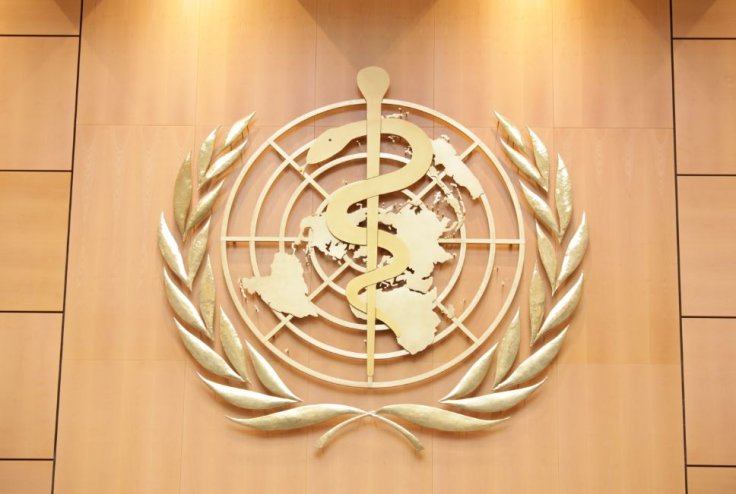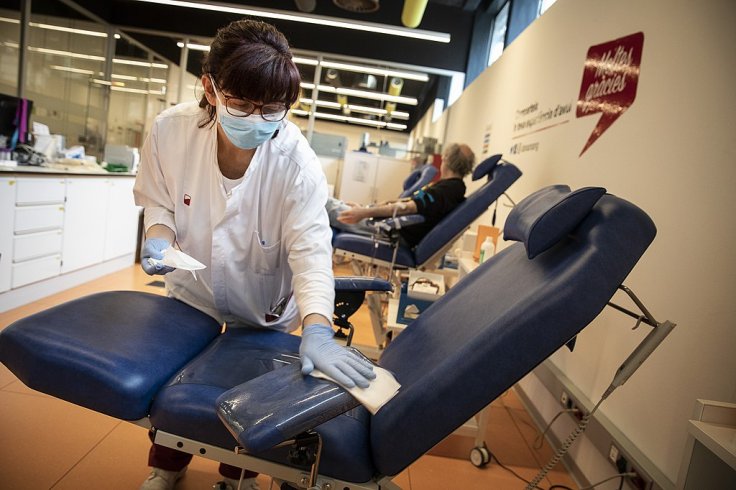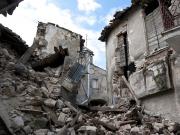Coronavirus cases in the US surged by at least 120,276 on Thursday, November 5, while Europe and Africa witness a COVID-19 surge in the region. But the World Health Organization (WHO) believes that the pandemic can be defeated through science, solution, and solidarity. However, the UN agency noted that the world must prepare for the next pandemic.
Currently, there are over 48 million Coronavirus cases globally and more than 1,233,000 deaths related to COVID-19 have been reported. The recent comments from the Geneva-based agency came a week before the World Health Assembly—the annual meeting of the agency's decision-making body—that will chart the course for response and global health priorities.

The WHO said that during the global health crisis, many countries and cities have "successfully prevented or controlled" the SARS-CoV-2 transmission with "a comprehensive, evidence-based approach". The UN agency also noted that for the first time, the world has "rallied behind a plan to accelerate the development of the vaccines, diagnostics, and therapeutics we need," and to ensure the availability in all countries on the basis of equity.
"The Access to COVID-19 Tools (ACT) Accelerator is delivering real results", it added and highlighted the importance of not backsliding on critical health goals, including achieving the "triple billion" targets by the year 2023.
In terms of the US--which is currently waiting for the official announcement of who is going to serve the country as a President for the next four years--the rise in COVID-19 cases puts pressure on hospitals in several states, causing families to rethink their plans for Thanksgiving on November 26.
Other Health Challenges in Africa
The WHO is concerned that the Coronavirus pandemic is forcing African countries to stretch their limited healthcare capacities. The global agency said that this year, over 360,000 pregnant Nigerian women have missed their ante-natal care between March and August.
Unlike other countries—the US, Brazil, India, and the UK—Africa has recorded the least COVID-19 casualties and infections, but the pandemic has hit the overall healthcare sector. Matshidiso Moeti, Africa Director for the WHO said that as per a preliminary analysis by the agency, "COVID-19 is hitting other health services really hard."
The UN agency also warned that the initial lockdowns have contributed to a 50 percent drop in the healthcare services in the continent. According to their analysis, compared to 2019, more than one million children in Africa missed their vaccination for measles this year, specifically between January and August.
As per Moeti, "So while COVID-19 is not overwhelming African health facilities in the way initially predicted. It is really stretching already resource-limited health systems." She also added that polio and measles vaccination need to be started in the region to prevent these diseases.
Prepare for Next Pandemic

WHO on Thursday also asked the world to prepare for the next pandemic. Ahead of the World Health Assembly, the global agency stated that "we have seen this past year that countries with robust health emergency preparedness infrastructure have been able to act quickly to contain and control the spread of the SARS-CoV-2 virus."
It is not only WHO which is expecting another pandemic in the future, but also many scientists and researchers as well as environmentalists who have been warning people about a possible situation.
While experts are trying to alert people on how the world can avoid another pandemic, it was reported that the Assembly will consider a draft resolution to strengthen countries' preparedness. It will also ensure that all the countries are better equipped to detect and respond to COVID-19 and other infectious diseases.









